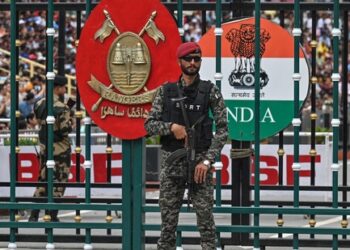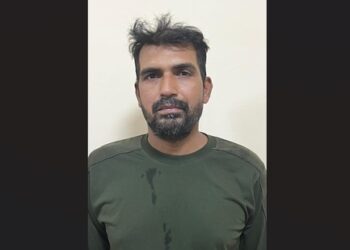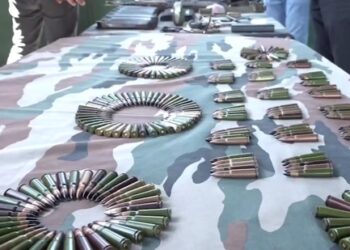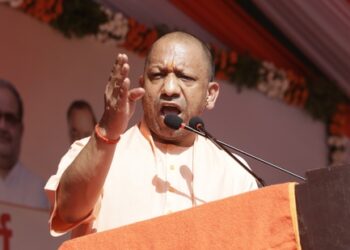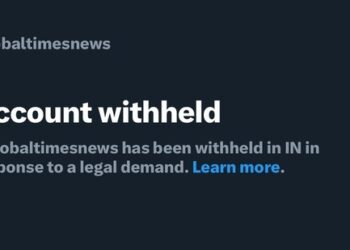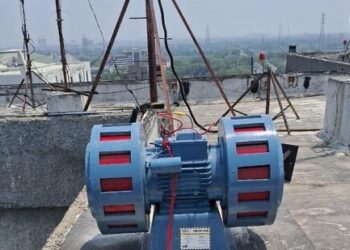The meeting took place at the Kremlin and was prominently featured on state television. Putin was seen meeting with Andrei Troshev, a former Wagner commander known by his nom de guerre “Sedoi,” which translates to “grey hair.” Also present at the meeting was Deputy Defence Minister Yunus-Bek Yevkurov, who has played an active role in recent months in several countries where Wagner mercenaries had been deployed. Yevkurov sat closest to Putin during the discussions.
In the meeting, Putin and Troshev addressed the topic of “volunteer units” and their role in various combat tasks, particularly in the context of the ongoing special military operation in Ukraine. Putin acknowledged Troshev’s extensive experience, as he had been fighting in such units for over a year. The discussion also touched upon the need to address various issues related to combat operations to ensure their success.
Furthermore, Putin expressed interest in discussing social support for individuals involved in the fighting, demonstrating concern for the well-being of those engaged in military activities.
Troshev, during the meeting, was seen listening attentively to Putin’s remarks, leaning forward and nodding while holding a pencil. However, his specific comments were not aired during the televised segment.
Kremlin spokesman Dmitry Peskov confirmed that Troshev currently works at the Russian defence ministry.
The situation surrounding the Wagner mercenary group has been shrouded in uncertainty following Prigozhin’s failed mutiny and subsequent death. Putin had previously ordered Wagner fighters to pledge allegiance to the Russian state, a move that Prigozhin and many of his followers had resisted.
Reports from Russia’s Kommersant newspaper suggested that shortly after the mutiny, Putin had recommended Troshev to assume leadership of the group.
The meeting between Putin and Troshev signifies a possible shift in the leadership structure of Wagner, with Troshev and Yevkurov now seemingly overseeing its operations.
Wagner, which was once comprised of tens of thousands of fighters, gained notoriety for capturing the Ukrainian city of Bakhmut in a particularly intense battle during the ongoing conflict in Ukraine. Following the fall of Bakhmut, Wagner units withdrew from Ukraine. Some former Wagner fighters have since joined the official Russian armed forces, while many others have transitioned to different private military companies (PMCs), as reported by Russian sources.
British military intelligence has suggested that a substantial number of fighters previously associated with Wagner may have begun redeploying to Ukraine, joining various units. The exact status and roles of these redeployed personnel remain unclear, but they have likely become part of different components within the Russian Ministry of Defence forces and other PMCs.
Troshev, a decorated veteran of Russia’s engagements in Afghanistan and Chechnya, formerly served as a commander in the SOBR interior ministry rapid reaction force. He hails from St. Petersburg, Putin’s hometown, and has been photographed alongside the Russian president. In 2016, Troshev was awarded Russia’s highest medal, the Hero of Russia, for his role in the storming of Palmyra in Syria against Islamic State militants.


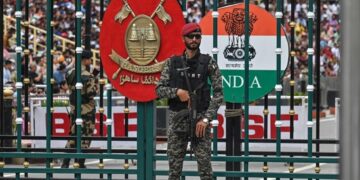

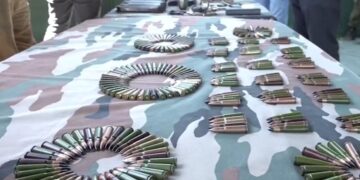

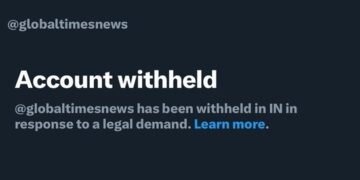
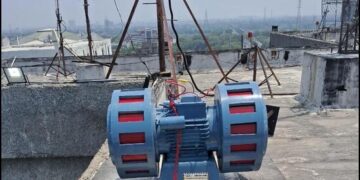
 India
India


